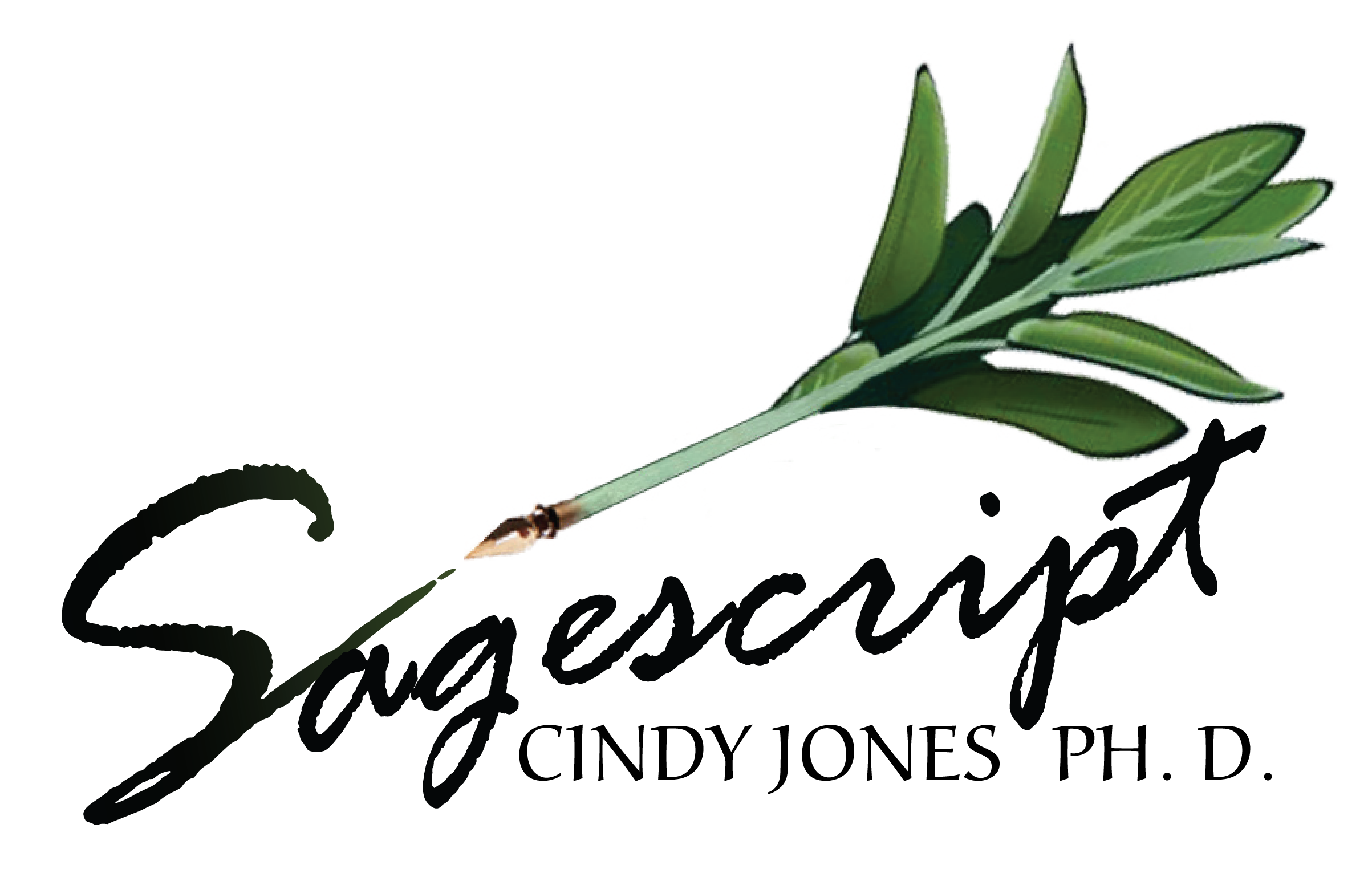I was asked to make an herb blend that was rich in minerals so of course my first thought went to horsetail (Equisetum). I don’t grow horsetail but remembered seeing it once when walking along the irrigation ditch road here. There it is, growing in the grass alongside the road.
Horsetail is rich in a number of minerals including silicon, manganese, magnesium, iron, and copper. Besides minerals it is rich in saponins and flavons (a flavonoid). Horsetail has been said to increase circulation and strengthen connective tissue. One study found that a plant complex containing horsetail inhibited elastase enzymes (in vitro) and when it was applied to the skin at 5% as part of a cream, wrinkles on the face were reduced.
Silicon is thought to be important in development of connective tissue and play a structural role in these tissues which include bone, tendons, skin, hair and nails. Because of this it may also be important in preventing osteoporosis. Although horsetail contains more silicon than any other plant it can also be found in grains, hops (beer), cucumber and tomatoes.
Well, I cut enough horsetail to make quite a bit of extract and when I got home I found this horsetail!
Come on, you know you want to laugh!
I’ll tell you about the other herbs in this mineral complex later.
Benaiges A, Marcet P, Armengol R, Betes C, Gironés E., Study of the refirming effect of a plant complex. Int J Cosmet Sci. 1998 Aug;20(4):223-33.


Hi Cindy.
Just came across your book. WOW! Your writing reminds me a little of Stephen Buhner. One of my early idols in things Herbal was Dr. John Christopher. I am a self-taught wild crafter. I did not know that horsetail contained saponins…I did now its high silicon (silica?) content. Can you opine on whether this form of the mineral acts like "glass" in the body…I've heard both sides…would value your sage advice.
midnight.larry
Well thank you Larry. I'm guessing you are referring to "The Antibiotic Alternative". Horsetail is best known for its silicon content. Silicon is a necessary element in the body although its physiology is not well understood yet. Not sure what you mean by 'acting like glass' in the body. I think in the body silicon will be dissolved in fluids rather than as an amorphous solid like glass.